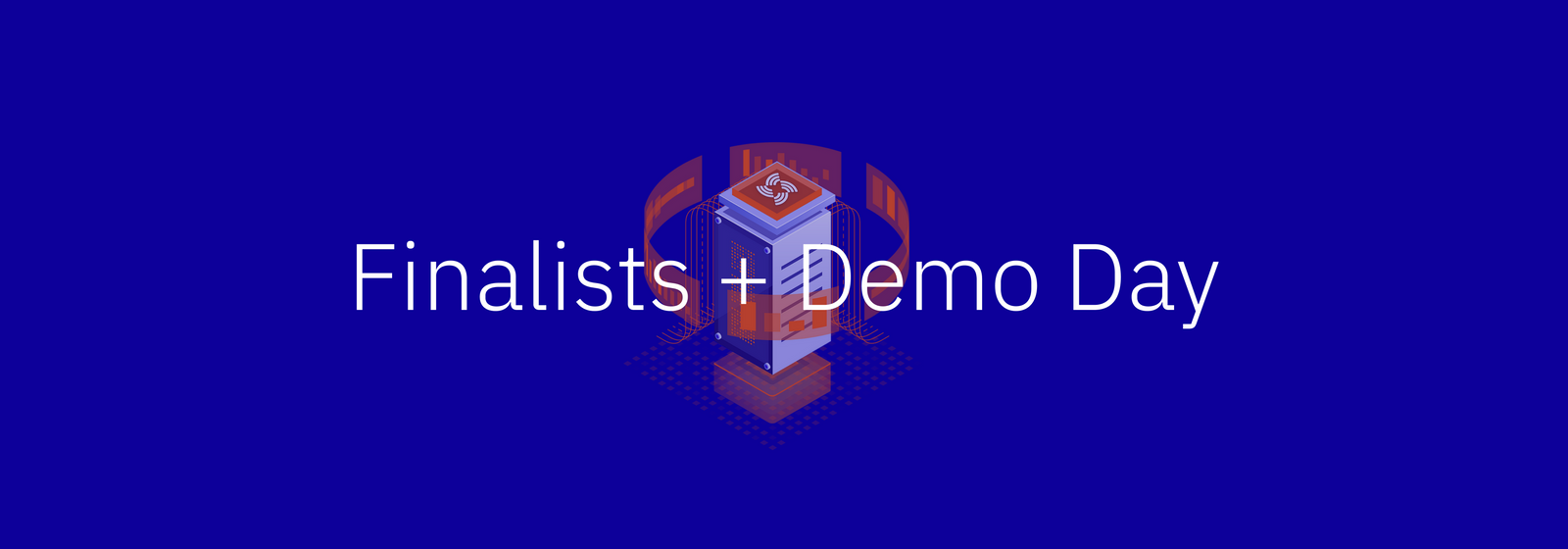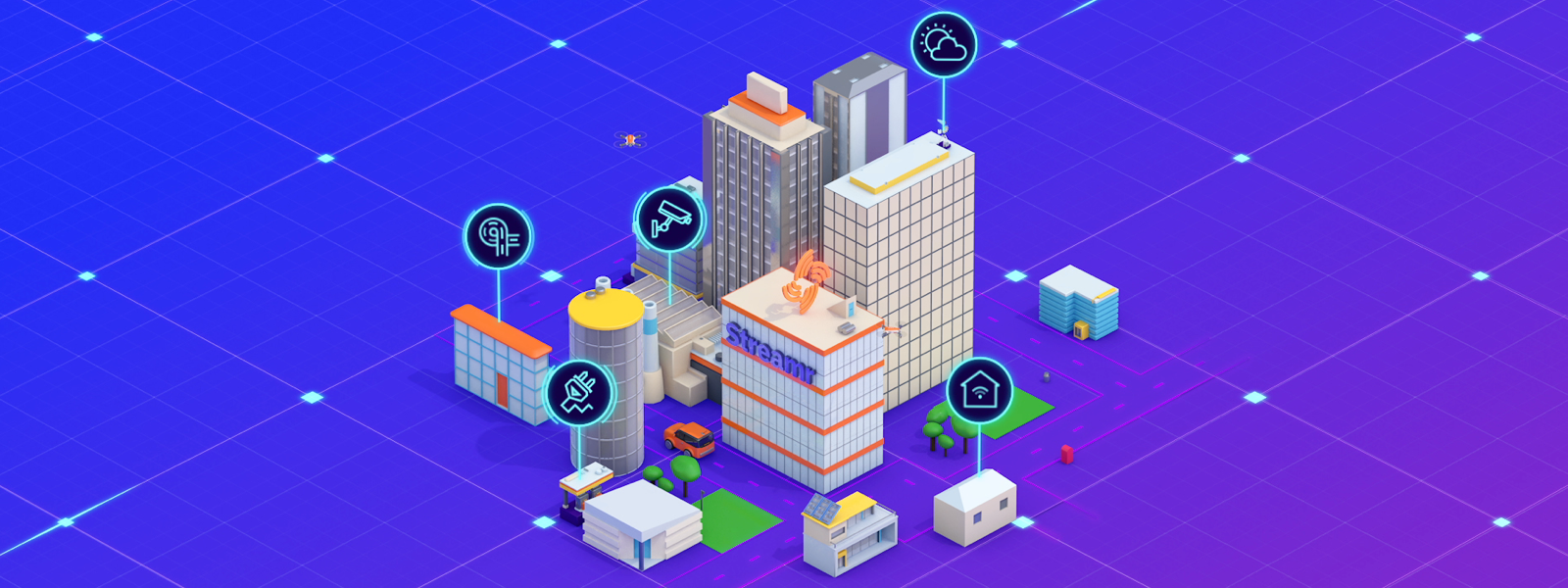If you’ve been following the Streamr Data Challenge, you’ll know that we brought together a talented group of individuals who participated in perpetuating the need for decentralized data economies through Streamr. In the course of four months, the Streamr Data Challenge saw 217 Team registrations from developers – these projects were built across various industries like healthcare, supply chain & logistics, agro-tech, fin-tech, ed-tech and more.
However, on Demo Day, we provided a platform for the Top 5 projects of the Streamr Data Challenge to make their pitches: Team Binary, Geeks Squad, Radixolabs, Hack Inversion and Aatmanirbhar. After some enthusiastic pitch sessions, we declared team Aathmanirbhar the champions of the Streamr Data Challenge for their project Vidhira, a decentralized web application designed for content creators to showcase their work and prevent plagiarism.
In this blogpost, we’re introducing the Aathmanirbhar team and giving you a chance to get to know them better. Let’s dive right in.
Table of Contents
- Tell us more about Aathmanirbhar and how this team came together
- What is Vidhira?
- Tell us more about the problems that Vidhira tackles for the average content creator.
- How are you solving this problem?
- What inspired you to build Vidhira?
- As winners of the $5,000 grant, what are the next steps for Vidhira?
- What value do you think Data Unions add to projects like Vidhira?
- How was your experience integrating with Streamr to set up Vidhira’s Data Union?
- How did you like participating in the Streamr Data Challenge?
- Describe your learning experience with the Streamr Data Challenge
- What were your biggest takeaways from the Data Challenge?
- Kudos, Team Aathmanirbhar! You did some great work.
Tell us more about Aathmanirbhar and how this team came together
Team Aathmanirbhar is a four-member team from the Shri Ramdeobaba College of Engineering and Management.
We’re classmates and hang out quite often at college. After the pandemic hit and the lockdown was imposed, we didn’t get the opportunity to meet, but we did connect to share ideas, start pondering upon them, and build stuff together. Once we heard about the Streamr Data Challenge, we decided to grab this opportunity and take part in the hackathon.
What is Vidhira?
Vidhira is a decentralized web application built on the Matic Network, designed for content creators who want to showcase their work without having to worry about their content being plagiarised. Vidhira is actually a Sanskrit word meaning “Of the creator”.
Tell us more about the problems that Vidhira tackles for the average content creator.
With Vidhira, we are trying to address the following problems:
- Traditional social media platforms do not have a mechanism to publicly authenticate an item as one of a kind, thus content is being endlessly reproduced
- The internet and related technologies have created an expectation among some audiences that all digital content should be free
- Data breaching is another issue that is hampering the work of content creators.
- The internet is shifting the focus of many content creators from artistic creation and curation to promotion and marketing to earn. So, we want to encourage the creation of content without shifting their process.
How are you solving this problem?
Whenever a user uploads a post (any piece of content) on Vidhira, the hash value of the image is available on the data union stream. We are providing a unique id and a hash value for any piece of content that is being posted in our web application by the user, which will help in keeping proper track of the content.
If another user tries to download the image from the original content creator’s account and report on his account then the image will be reposted, but with content credits of the user who owns the original content. Also, the duplicate image is not uploaded on the stream thereby providing only the original and authenticated data on the market place.
Whenever a post that was reposted is liked by a random viewer, the like would also get credited into the original creator’s post thus benefiting and encouraging the original content creator.
Vidhira rewards the users with ETH for posting their content on this platform. Moreover, being a decentralized social media platform, it enables end-to-end encryptions for every interaction.
On Vidhira, users can create accounts without having to link to real-world identities, like email addresses or phone numbers. All the user needs is a crypto wallet like Metamask which relies on public-key cryptography for account security, rather than relying on a single organisation to protect user data.
What inspired you to build Vidhira?
People have a tendency to ignore things until they actually hit them. The same being the case with us; one of our friend’s artistic content was plagiarised and got reposted by another account without content credits to our friend. Surprisingly, the copied image was getting more views than that of the original content creator i.e more views than on our friend’s post.
This incident inspired us to create ‘Vidhira’ so that the original content creator is recognized and benefitted. There are many other creators whose work is plagiarised but they have no solution for it. By creating this web application, we serve the purpose of helping them.
As winners of the $5,000 grant, what are the next steps for Vidhira?
At this initial phase, we only presented our idea, the basic implementation and how our web application is going to work. After the acclaim our project received, we are looking forward to making Vidhira a more user-friendly decentralized web application. We are also looking to introduce some more things in Vidhira so that it reaches the list of top social media apps and attracts more users to the platform.
What value do you think Data Unions add to projects like Vidhira?
The most important thing that was lagging in our project was helping the content creators earn something out of their hard work and this was eventually fulfilled by Streamr. Data Unions provide a way to bundle a user’s real-time data together with others and distribute a share of the revenue when someone pays to access it.
In Vidhira, we provide Data Unions for images and captions. Images are something that every organisation requires, and companies spend a lot of time and money on them. For example, for presentations or to include them in their websites. Vidhira allows users to showcase their artistic creations or photography skills, and then send it in real-time to the Streamr Marketplace, to a special Data Union, where buyers can purchase the aggregated image hash values and then retrieve the original images from IPFS using the hash value.
Vidhira does not send user credentials, thus protecting the user’s privacy. As a Data Union administrator, Vidhira takes a small percentage of all sales of the images. Vidhira would emerge as a high potential use case that uses Streamr’s tech stack to reward users for their content that opens up a whole new portal of innovation and future scope.
How was your experience integrating with Streamr to set up Vidhira’s Data Union?
The documentation we were provided with was quite helpful for us to integrate into Streamr. We encountered some challenging errors which took time to get fixed but the documentation provided was concise and simple to work with.
How did you like participating in the Streamr Data Challenge?
Participating in the Streamr Data Challenge was a good experience as we all got to know about the concepts of Data Unions for the first time. Learning more about Data Unions while hands-on, making a project, helped us acquire the concepts quite strongly. And since it was our first hackathon it was a good start on our hackathon journey.
Describe your learning experience with the Streamr Data Challenge
There were quite many things that we learned along the way. It started from integrating blockchain smart contracts with ReactJs, then learning about the Matic Network, and then integrating our app with the Streamr Marketplace. All these things had some challenges with them, but we as a team worked hard, so these challenges seemed quite smooth after a certain period of time.
What were your biggest takeaways from the Data Challenge?
There are many learnings that we took from this challenge.
Since this was our first hackathon, this challenge gave us a feel for how we have to exercise patience in a hackathon. We also worked in a team for the first time and it was a great experience for all of us because we helped each other when it came to understanding some concepts and learning new things. We also got to interact with some amazing people during our demo session. Discussing our project with them and getting feedback from them was quite amazing.
Kudos, Team Aathmanirbhar! You did some great work.
Vidhira was one of 116 projects that were selected from a pool of 200+ registrations that had viable Data Union use cases. Their story speaks of grit, teamwork, and inspiration that set out to change the way content creators can combat plagiarism. This led them to win a $5,000 (USD) grant from Streamr to get Vidhira in front of those who are working hard to promote the content they create. We’re proud of all the other teams who put their best foot forward to showcase the power of decentralized data economies.







